Helium10 for Beginners: A Step-by-Step Guide
1. Introduction to Helium10 and Its Role in Amazon Selling
Helium10 is a powerful suite of tools designed specifically for Amazon sellers to optimize their businesses, streamline operations, and maximize profits. Founded in 2015, Helium10 has grown to become one of the most trusted names in the Amazon seller community, offering over 30 tools that cover every aspect of selling on Amazon, from product research to keyword optimization, listing optimization, and inventory management. The platform is trusted by over 1 million Amazon sellers worldwide, including beginners and seasoned professionals. 🚀📈
Helium10’s importance lies in its ability to simplify complex processes and provide data-driven insights that help sellers make informed decisions. For beginners, Helium10 is particularly valuable because it offers a centralized platform to manage all aspects of an Amazon business, eliminating the need for multiple tools and services. Whether you’re looking to find profitable products, optimize your listings, or track your competitors, Helium10 has a tool for every need. Its user-friendly interface and extensive educational resources, such as tutorials, webinars, and a dedicated support team, make it accessible even for those new to Amazon selling. 🌟📚
In this guide, we’ll walk you through the essential steps to get started with Helium10, from setting up your account to mastering its key tools. By the end, you’ll have a solid understanding of how to leverage Helium10 to grow your Amazon business. Let’s dive in! 💡🔍
1.1 Setting Up Your Helium10 Account
The first step to using Helium10 is creating an account. Visit the Helium10 website and sign up for a plan that suits your needs. Helium10 offers several subscription tiers, including a free plan with limited features and premium plans with full access to all tools. Once you’ve signed up, you’ll gain access to the Helium10 dashboard, where you can explore the various tools and features. 🖥️📋
The Helium10 dashboard is your central hub for managing all aspects of your Amazon business. It’s designed to be intuitive and user-friendly, with clear navigation menus and tool categories. Spend some time familiarizing yourself with the layout and exploring the different sections, such as Product Research, Keyword Research, and Listing Optimization. This will help you quickly locate the tools you need as you progress. 🗺️🔧
1.3 Understanding Helium10’s Key Tools
Helium10 offers over 30 tools, but as a beginner, you’ll want to focus on the most essential ones. These include Black Box for product research, Cerebro for keyword research, and Scribbles for listing optimization. Each tool is designed to address specific challenges faced by Amazon sellers, and mastering them will give you a competitive edge. 🛠️📊
1.4 Integrating Helium10 with Your Amazon Seller Account
To fully leverage Helium10’s capabilities, you’ll need to integrate it with your Amazon Seller Central account. This allows Helium10 to pull data directly from Amazon, such as sales metrics, keyword rankings, and competitor analysis. The integration process is straightforward and guided by Helium10’s setup wizard. 🔗📈
1.5 Exploring Helium10’s Educational Resources
Helium10 is not just a toolset; it’s also a learning platform. Take advantage of the extensive educational resources available, including video tutorials, blog articles, and live webinars. These resources are designed to help beginners understand the nuances of Amazon selling and make the most of Helium10’s features. 🎓📖
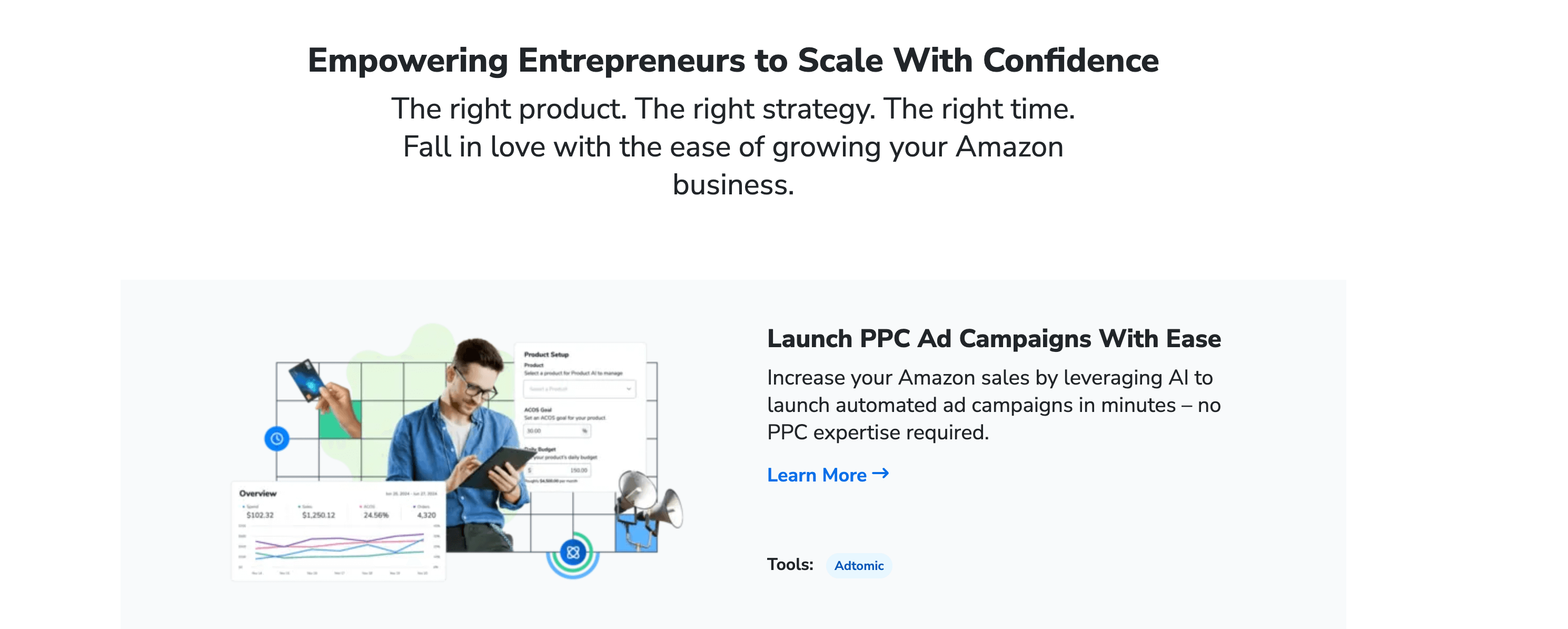
2. Mastering Product Research with Helium10
Product research is the foundation of a successful Amazon business, and Helium10’s Black Box tool is one of the best in the industry for this purpose. Black Box allows you to filter through millions of products on Amazon to find profitable niches based on criteria such as sales volume, competition level, and price range. This step-by-step guide will help you master product research using Black Box. 🔍📦
2.1 Setting Up Your Product Research Criteria
Start by defining your product research criteria. Consider factors such as product category, price range, sales volume, and competition level. Black Box allows you to input these criteria to generate a list of potential products that meet your requirements. This targeted approach saves time and increases the likelihood of finding profitable opportunities. 🎯📊
2.2 Analyzing Product Data
Once you’ve generated a list of products, analyze the data provided by Black Box. Key metrics to consider include estimated monthly sales, revenue, and reviews. Look for products with consistent sales, moderate competition, and a healthy profit margin. This analysis will help you identify products with the highest potential for success. 📈📉
2.3 Evaluating Competition
Competition analysis is a critical part of product research. Use Black Box to evaluate the level of competition for each product by examining factors such as the number of sellers, review ratings, and listing quality. Products with lower competition are easier to rank for and can yield higher profits. 🥊📊
2.4 Validating Product Ideas
Before committing to a product, validate your ideas by conducting additional research. Use tools like Xray to analyze product trends and Trendster to identify seasonal opportunities. This validation process ensures that you’re investing in a product with long-term potential. ✅📈
2.5 Making Data-Driven Decisions
The final step in product research is making data-driven decisions. Use the insights gathered from Black Box and other Helium10 tools to select a product that aligns with your business goals and budget. Remember, thorough research is the key to minimizing risks and maximizing returns. 💼📊
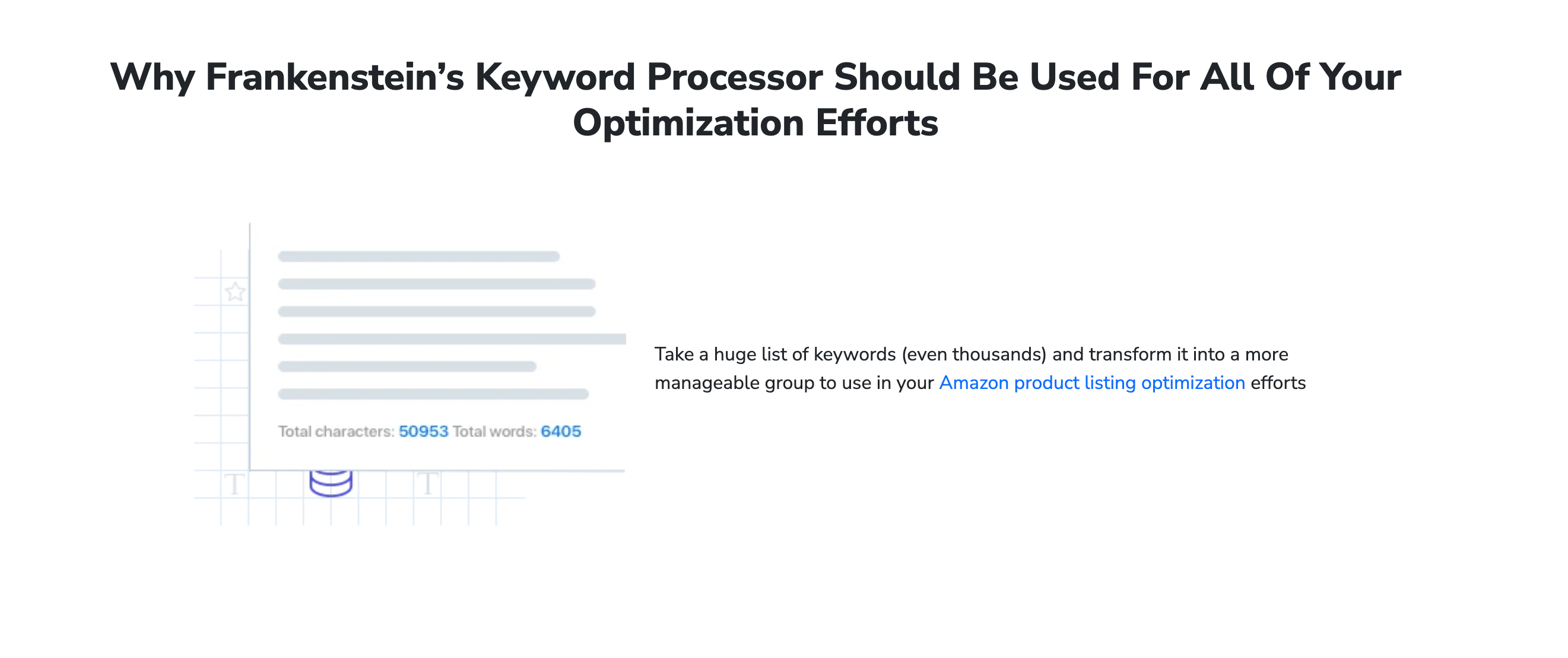
3. Optimizing Keywords with Helium10’s Cerebro
Keywords are the backbone of Amazon SEO, and Helium10’s Cerebro tool is a game-changer for keyword research. Cerebro allows you to reverse-engineer your competitors’ listings to discover the keywords they’re ranking for. This step-by-step guide will help you master keyword research using Cerebro. 🔑📈
3.1 Finding Competitor Listings
Start by identifying your competitors’ listings. These are products that are similar to yours and rank well in search results. Use Cerebro to input the ASIN (Amazon Standard Identification Number) of a competitor’s product to generate a list of keywords they’re targeting. 🕵️📦
3.2 Analyzing Keyword Data
Once you’ve generated a list of keywords, analyze the data provided by Cerebro. Key metrics to consider include search volume, competition level, and relevance. Focus on keywords with high search volume and low competition, as these are easier to rank for and can drive significant traffic to your listing. 📊📉
3.3 Identifying Long-Tail Keywords
Long-tail keywords are specific phrases that are less competitive but highly relevant to your product. Use Cerebro to identify long-tail keywords that align with your product’s features and benefits. These keywords can help you attract targeted traffic and improve your conversion rates. 🎯📈
3.4 Building a Keyword Strategy
Use the insights gathered from Cerebro to build a comprehensive keyword strategy. Incorporate high-volume keywords into your product title, bullet points, and description, and use long-tail keywords in your backend search terms. A well-executed keyword strategy can significantly improve your search rankings and visibility. 🛠️📊
3.5 Monitoring Keyword Performance
Keyword research is an ongoing process. Use Helium10’s Magnet tool to monitor your keyword rankings and track your performance over time. Adjust your strategy as needed to stay ahead of the competition and maintain your search rankings. 📈🔍
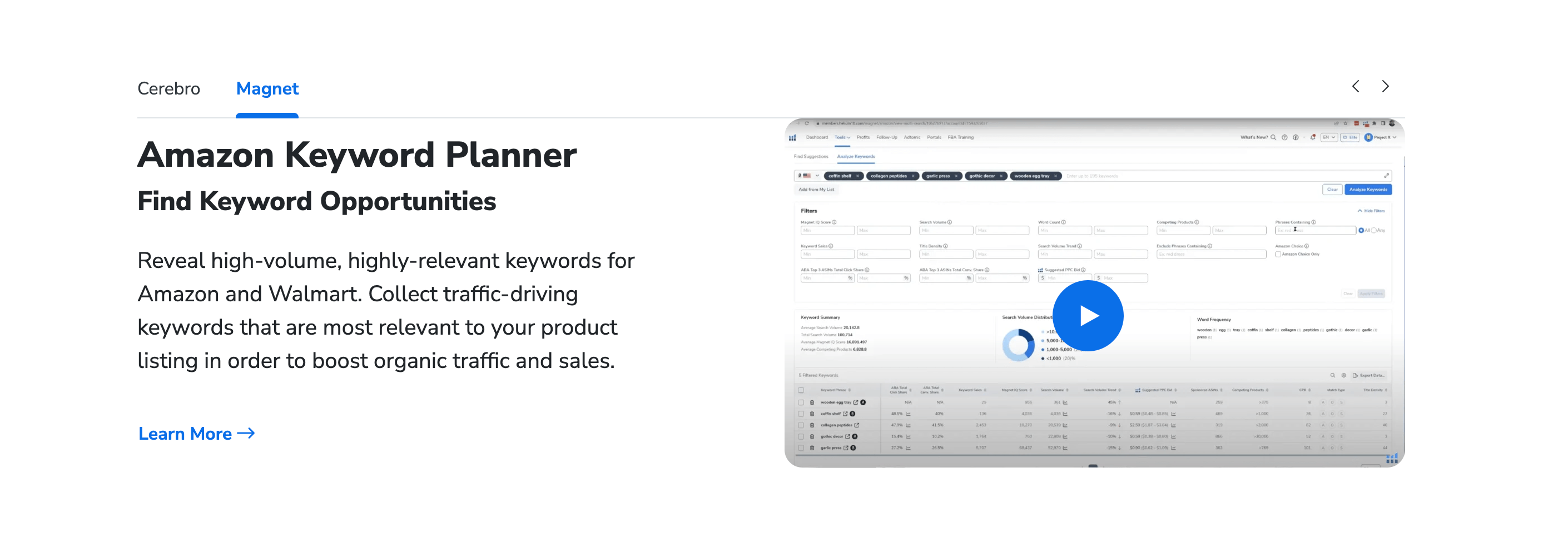
4. Creating High-Converting Listings with Scribbles
Your product listing is your storefront on Amazon, and Helium10’s Scribbles tool is designed to help you create high-converting listings. Scribbles allows you to optimize your product title, bullet points, and description by incorporating relevant keywords and persuasive copy. This step-by-step guide will help you master listing optimization using Scribbles. 🛒📝
4.1 Crafting a Compelling Product Title
Your product title is the first thing customers see, so it’s crucial to make it compelling and keyword-rich. Use Scribbles to incorporate high-volume keywords into your title while keeping it clear and concise. A well-optimized title can improve your search rankings and attract more clicks. 🎯📈
4.2 Writing Persuasive Bullet Points
Bullet points are your opportunity to highlight your product’s features and benefits. Use Scribbles to write persuasive bullet points that address customer pain points and emphasize your product’s unique selling points. Incorporate keywords naturally to improve your SEO. 📋✨
4.3 Creating a Detailed Product Description
Your product description provides additional information about your product and its value proposition. Use Scribbles to craft a detailed description that tells a story, builds trust, and encourages customers to make a purchase. Include keywords to boost your search rankings. 📖📊
4.4 Optimizing Backend Search Terms
Backend search terms are hidden keywords that Amazon uses to index your product. Use Scribbles to input relevant keywords that you couldn’t fit into your title, bullet points, or description. Optimizing backend search terms can improve your discoverability and attract more traffic. 🔍📈
4.5 Testing and Refining Your Listing
Listing optimization is an iterative process. Use Helium10’s Listing Analyzer tool to test your listing’s performance and identify areas for improvement. Continuously refine your listing to maximize conversions and stay ahead of the competition. 📊🛠️
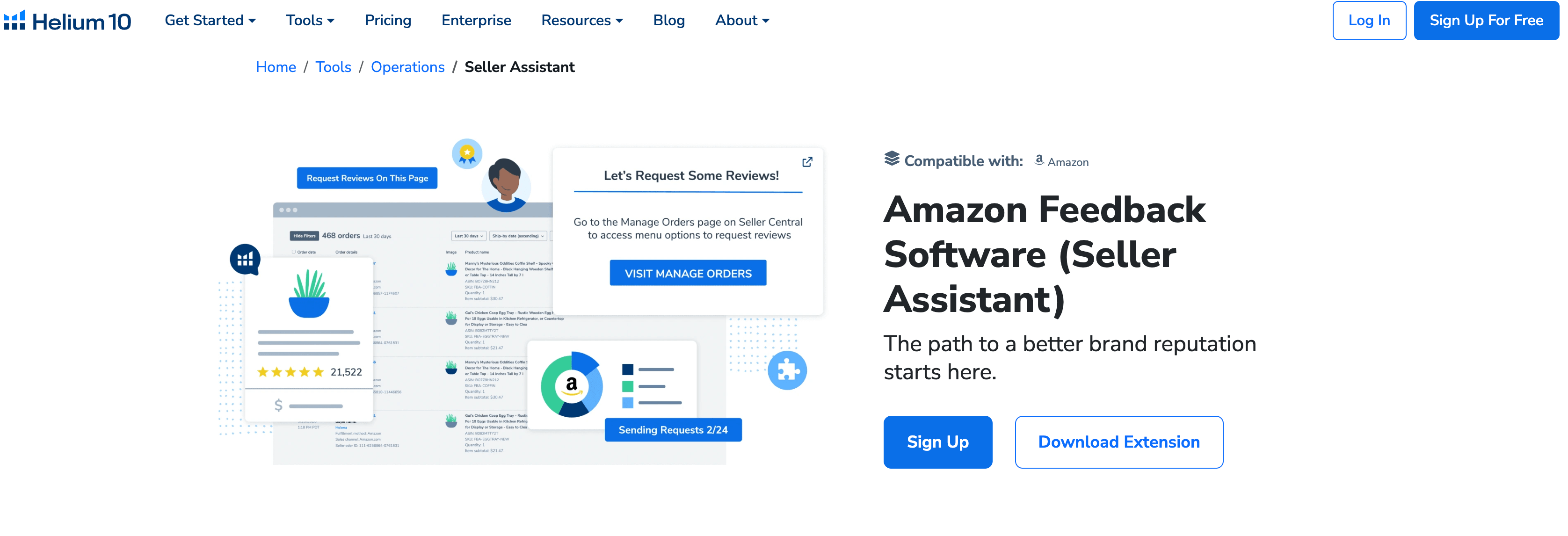
5. Managing Inventory with Helium10’s Inventory Protector
Inventory management is critical for maintaining a successful Amazon business, and Helium10’s Inventory Protector tool helps you avoid stockouts and overstocking. This step-by-step guide will help you master inventory management using Inventory Protector. 📦📊
5.1 Setting Up Inventory Alerts
Start by setting up inventory alerts in Inventory Protector. These alerts notify you when your stock levels are low, allowing you to reorder products before you run out. This proactive approach helps you avoid stockouts and lost sales. 🔔📈
5.2 Monitoring Stock Levels
Use Inventory Protector to monitor your stock levels in real-time. This tool provides insights into your inventory turnover rate, sales velocity, and reorder timelines. By staying on top of your stock levels, you can ensure a steady supply of products and avoid disruptions. 📊📉
5.3 Automating Reorder Processes
Inventory Protector allows you to automate your reorder processes based on predefined thresholds. This automation saves time and reduces the risk of human error, ensuring that you always have enough inventory to meet customer demand. 🤖📦
5.4 Analyzing Inventory Performance
Use Inventory Protector’s analytics dashboard to analyze your inventory performance. Key metrics to consider include sell-through rate, days of inventory remaining, and storage fees. This analysis helps you optimize your inventory levels and reduce unnecessary costs. 📊📈
5.5 Planning for Seasonal Demand
Seasonal demand can significantly impact your inventory needs. Use Inventory Protector to plan for seasonal fluctuations by adjusting your stock levels and reorder timelines. This proactive approach ensures that you’re prepared for peak shopping periods. 🎄📦
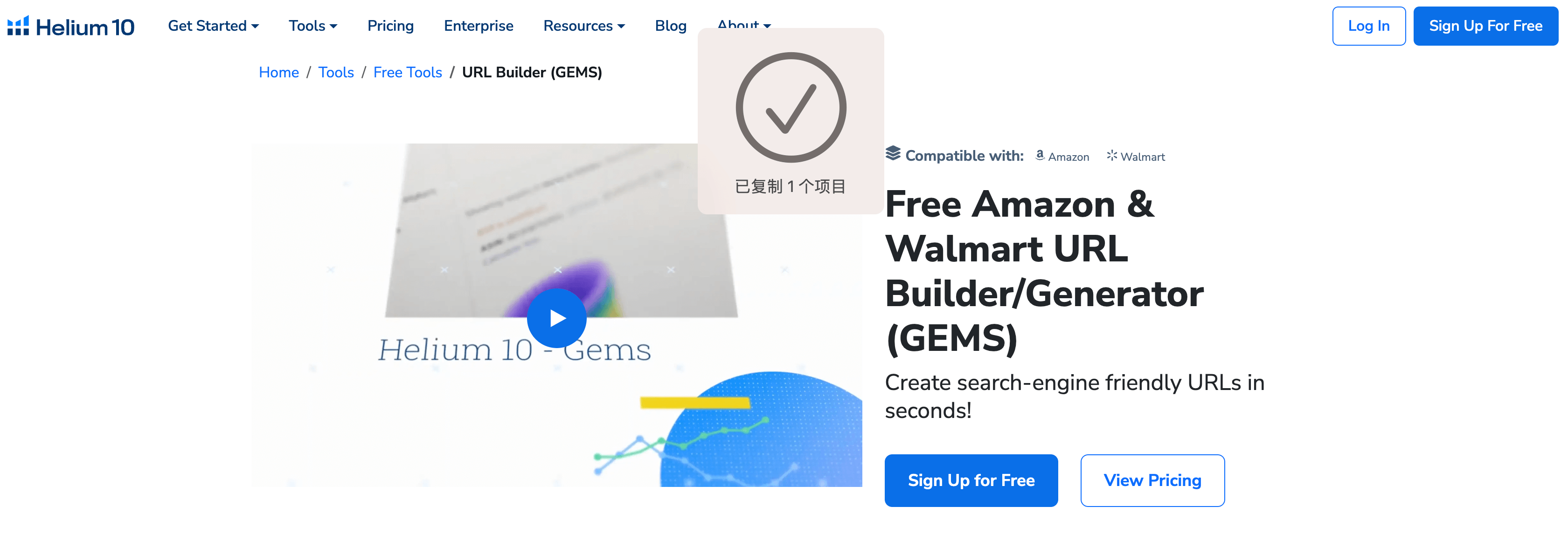
6. Tracking Competitors with Helium10’s Xray
Competitor analysis is essential for staying ahead in the competitive Amazon marketplace, and Helium10’s Xray tool provides deep insights into your competitors’ strategies. This step-by-step guide will help you master competitor tracking using Xray. 🕵️📊
6.1 Identifying Key Competitors
Start by identifying your key competitors. These are sellers who offer similar products and target the same customer base. Use Xray to analyze their listings, pricing strategies, and customer reviews. 🎯📦
6.2 Analyzing Competitor Listings
Use Xray to analyze your competitors’ listings in detail. Look for patterns in their product titles, bullet points, and descriptions. Identify the keywords they’re targeting and the strategies they’re using to attract customers. 📊🔍
6.3 Monitoring Pricing Strategies
Pricing is a critical factor in Amazon sales. Use Xray to monitor your competitors’ pricing strategies and identify opportunities to undercut or match their prices. This analysis helps you stay competitive and maximize your profit margins. 💰📈
6.4 Tracking Customer Reviews
Customer reviews provide valuable insights into your competitors’ strengths and weaknesses. Use Xray to track your competitors’ reviews and identify areas where you can differentiate your product. This information can help you improve your listing and attract more customers. 📝🌟
6.5 Adjusting Your Strategy
Use the insights gathered from Xray to adjust your strategy and stay ahead of the competition. Continuously monitor your competitors’ activities and refine your approach to maintain your competitive edge. 🛠️📊

7. Leveraging Helium10’s Alerts for Real-Time Insights
Helium10’s Alerts tool provides real-time notifications about critical changes in your Amazon business, such as changes in keyword rankings, competitor pricing, and product reviews. This step-by-step guide will help you master the use of Alerts for real-time insights. 🔔📈
7.1 Setting Up Custom Alerts
Start by setting up custom alerts based on your specific needs. For example, you can create alerts for changes in your keyword rankings, competitor pricing, or product reviews. These alerts keep you informed about important developments in your business. 🛠️📊
7.2 Monitoring Keyword Rankings
Use Alerts to monitor your keyword rankings in real-time. This allows you to quickly identify any drops in rankings and take corrective action. Staying on top of your keyword performance is essential for maintaining your search visibility. 📈🔍
7.3 Tracking Competitor Pricing
Pricing changes can significantly impact your sales. Use Alerts to track your competitors’ pricing strategies and adjust your prices accordingly. This proactive approach helps you stay competitive and maximize your revenue. 💰📊
7.4 Responding to Customer Reviews
Customer reviews play a crucial role in your product’s success. Use Alerts to monitor new reviews and respond promptly to both positive and negative feedback. Engaging with customers can improve your reputation and build trust. 📝🌟
7.5 Taking Immediate Action
The real-time insights provided by Alerts allow you to take immediate action to address any issues or capitalize on opportunities. By staying informed, you can make data-driven decisions that drive your business forward. 🚀📈
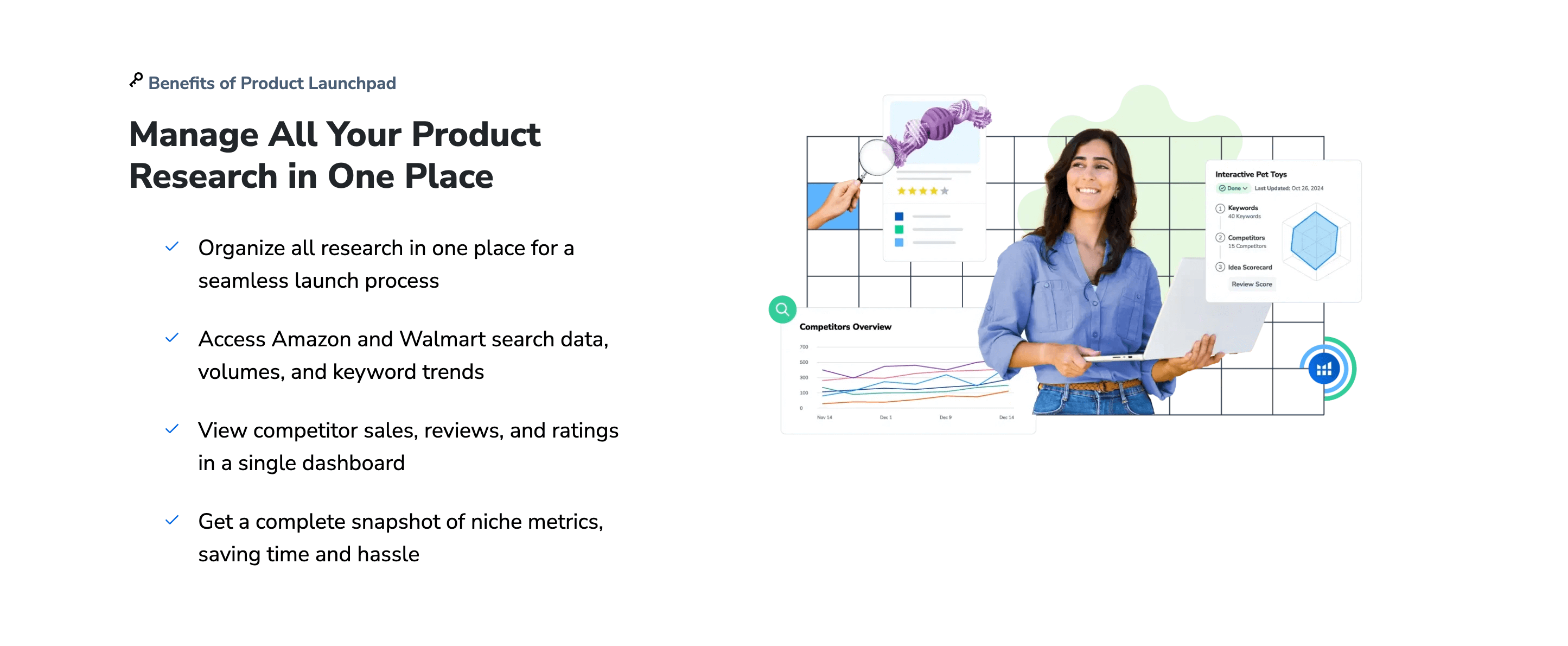
8. Maximizing ROI with Helium10’s Analytics
Helium10’s Analytics tool provides comprehensive data and insights to help you measure and optimize your Amazon business performance. This step-by-step guide will help you master the use of Analytics to maximize your ROI. 📊💰
8.1 Tracking Sales Performance
Use Analytics to track your sales performance over time. Key metrics to monitor include total revenue, units sold, and average selling price. This data helps you identify trends and make informed decisions to boost your sales. 📈📉
8.2 Analyzing Advertising ROI
Advertising is a significant investment for Amazon sellers. Use Analytics to measure the ROI of your advertising campaigns by tracking metrics such as ad spend, click-through rate, and conversion rate. This analysis helps you optimize your ad spend and maximize your returns. 💰📊
8.3 Monitoring Profit Margins
Profit margins are critical for the long-term success of your business. Use Analytics to monitor your profit margins by tracking costs such as product sourcing, shipping, and Amazon fees. This data helps you identify areas for cost savings and improve your profitability. 📈💼
8.4 Evaluating Inventory Efficiency
Inventory efficiency is a key driver of profitability. Use Analytics to evaluate your inventory turnover rate, days of inventory remaining, and storage fees. This analysis helps you optimize your inventory levels and reduce unnecessary costs. 📦📊
8.5 Making Data-Driven Decisions
The insights provided by Analytics empower you to make data-driven decisions that maximize your ROI. Continuously monitor your performance and adjust your strategies to stay ahead of the competition and achieve your business goals. 🛠️📈
By following this step-by-step guide, you’ll be well-equipped to leverage Helium10’s powerful tools and grow your Amazon business. Whether you’re a beginner or an experienced seller, Helium10 offers the resources and insights you need to succeed in the competitive Amazon marketplace. 🚀🌟


Comments